The Future of Stock Dividends: What Investors Should Expect in the Coming Years
Introduction: Are Stock Dividends Gearing Up for a Comeback?
In a financial landscape shaped by inflation, shifting interest rates, and cautious corporate spending, many investors are starting to ask: Are stock dividends about to become more prominent? While these equity-based rewards have long played second fiddle to cash payouts, the tides could be turning — and the signs are worth noting.
Here’s a forward-looking take on how it might evolve in the next few years — and what that means for your portfolio.
Rising Interest in Stock Dividends Amid Economic Shifts
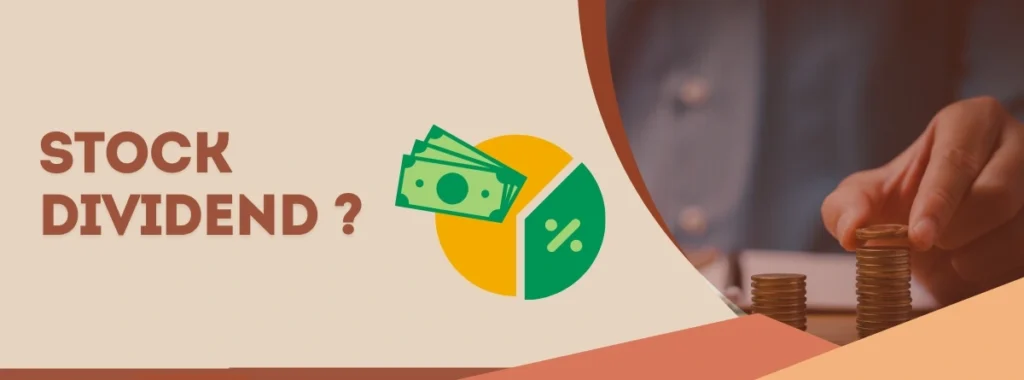
We’ve seen it before: when companies tighten their wallets, cash dividends often get trimmed or paused. But what fills the gap? Increasingly, it could be stock dividends.
Several market forces support this trend:
- Cash preservation is key in uncertain times.
- Shareholder retention is more valuable than ever.
- Long-term value strategies are coming back into vogue.
As interest rates fluctuate and companies reassess capital allocation, stock dividends may resurface as a preferred method of rewarding investors without impacting liquidity. Expect more boardrooms to take this route — especially in capital-intensive sectors like energy and tech.
How It Might Look in the Next Decade
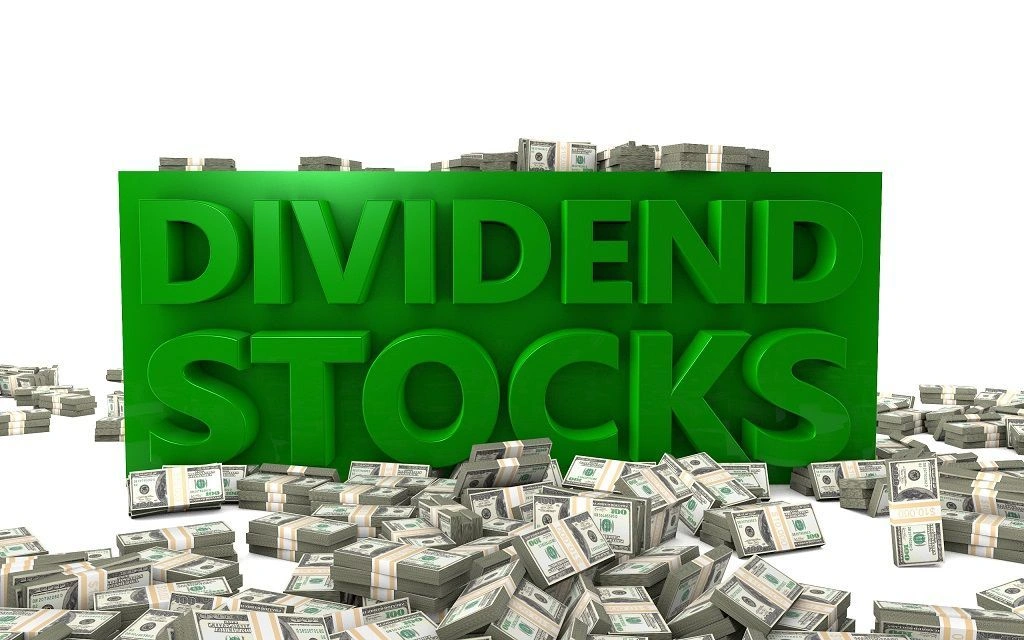
So what could the it in future actually look like?
- More Frequent Issuances: Companies that typically issue annual stock dividends may shift toward quarterly or semi-annual schedules to stay competitive with cash-payers.
- Targeted to Long-Term Holders: Expect some firms to offer enhanced stock dividends to shareholders who meet holding thresholds — think of it as a loyalty bonus.
- Hybrid Models: Blended dividends — partial stock, partial cash — could become the norm as companies look to strike a balance between retention and reward.
- Technology-Enabled Customization: Brokerages may soon allow investors to opt-in or out of receiving dividends as stock vs. cash, giving more control to individual portfolios.
If these patterns gain traction, stock dividends won’t just be an afterthought. They’ll be a strategic tool — both for companies and for smart investors.
Stock Dividends vs. Cash: Rebalancing the Equation

Let’s project a scenario where stock dividends overtake cash payouts in certain sectors. What does that mean?
| Factor | Stock Dividends (Future View) | Cash Dividends (Current Standard) |
|---|---|---|
| Flexibility | Highly customizable via digital brokers | Fixed and taxed immediately |
| Cost to companies | No direct outlay | Reduces operating cash |
| Investor perception | Growing as a sign of long-term confidence | Still preferred for immediate returns |
| Tax implications | Often deferred or lower burden | Immediate and taxed annually |
Cash will always be king for income investors. But for growth-oriented shareholders — especially younger, digitally-savvy ones — it might soon feel more aligned with their long-term strategy.
Could It Outperform Over Time?
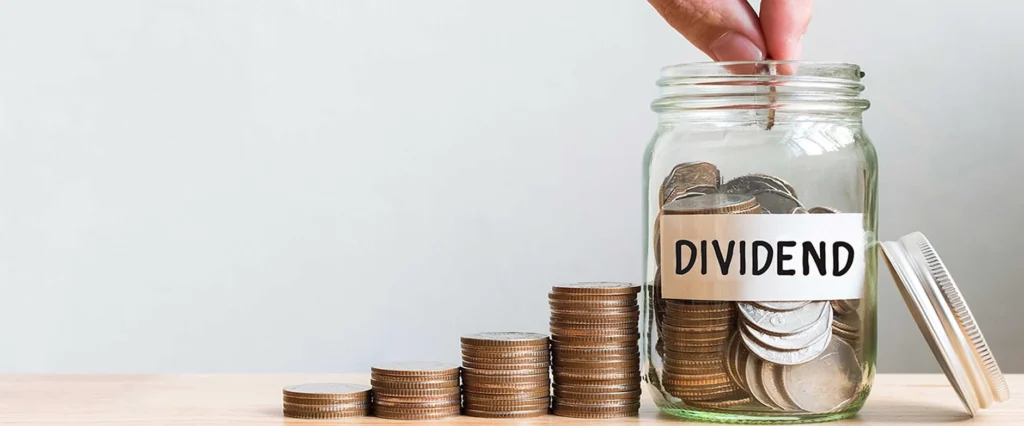
Now for the big question: Will stock dividends deliver better long-term returns than cash dividends?
That depends on a few variables:
- Market conditions: In bullish periods, reinvested shares can multiply faster than cash held or spent.
- Tax policies: Favorable tax treatment of it could tilt the balance.
- Company performance: Naturally, none of this matters if the issuing company is stagnant.
That said, historical data shows that reinvested dividends — especially when paid as stock — can significantly enhance compound growth. If more investors catch on, we could see a noticeable shift in demand toward dividend-paying stocks that offer shares instead of dollars.
The Long-Term Impact of Reinvesting It
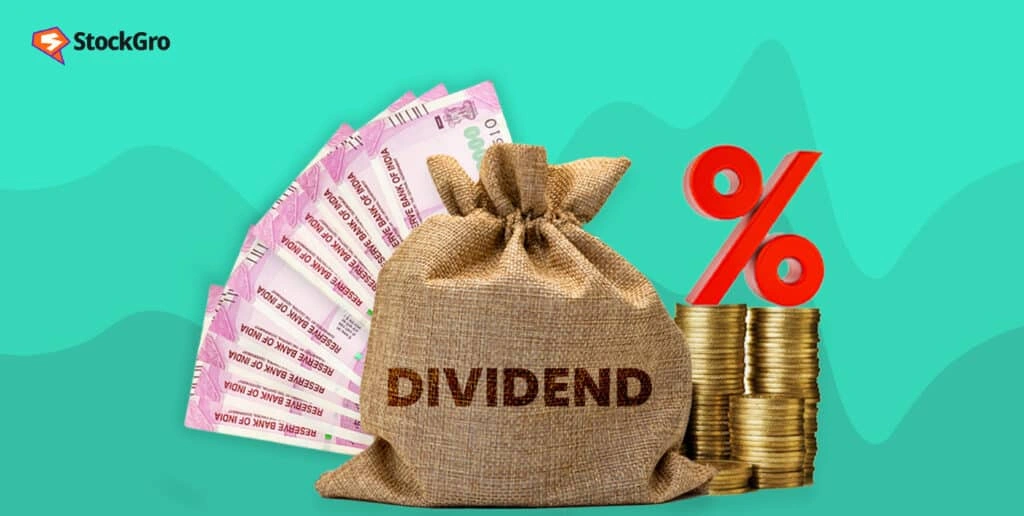
Let’s forecast the personal finance side. If you’re an investor who consistently reinvests your stock dividends over, say, 10 or 20 years, you could see portfolio growth that far exceeds what you’d get from taking cash and parking it.
Why?
- Each dividend grows your share count
- More shares = larger future dividends
- It’s a compounding machine in motion
Of course, this assumes solid companies and market participation. But the math holds — and it’s a compelling reason to rethink how you approach dividends moving forward.
FAQs About the Future

1. Will more companies start offering it?
Very likely — especially those prioritizing capital conservation or rewarding long-term shareholders.
2. Is it better in a recession?
They can be. They help companies preserve cash while still offering value.
3. What sectors are likely to lead this shift?
Tech, renewable energy, and utilities are expected to lean into it more heavily.
4. Can stock dividends replace cash entirely?
Probably not — but hybrid models may emerge as a new standard.
5. Are it taxed in the future?
Tax laws vary, but they’re usually more favorable than cash dividends.
6. Will brokerages offer stock vs. cash options soon?
Some already do. Expect broader adoption of customizable dividend elections.
Conclusion: It is Poised for a Quiet Revolution
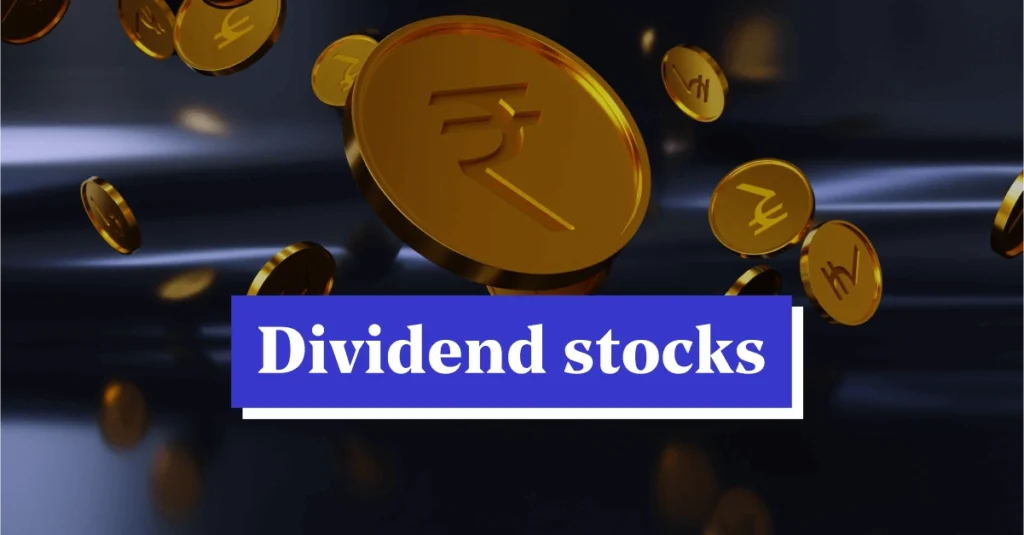
While they’ve been quietly working behind the scenes for years, stock dividends may be on the brink of a renaissance. As companies look for smarter ways to reward shareholders without straining resources, and as investors grow savvier about compounding, it could become a staple strategy — not just a secondary perk.
If you’re not already tracking which of your stocks pay them, now might be the perfect time to start.
Relevent news: Here




